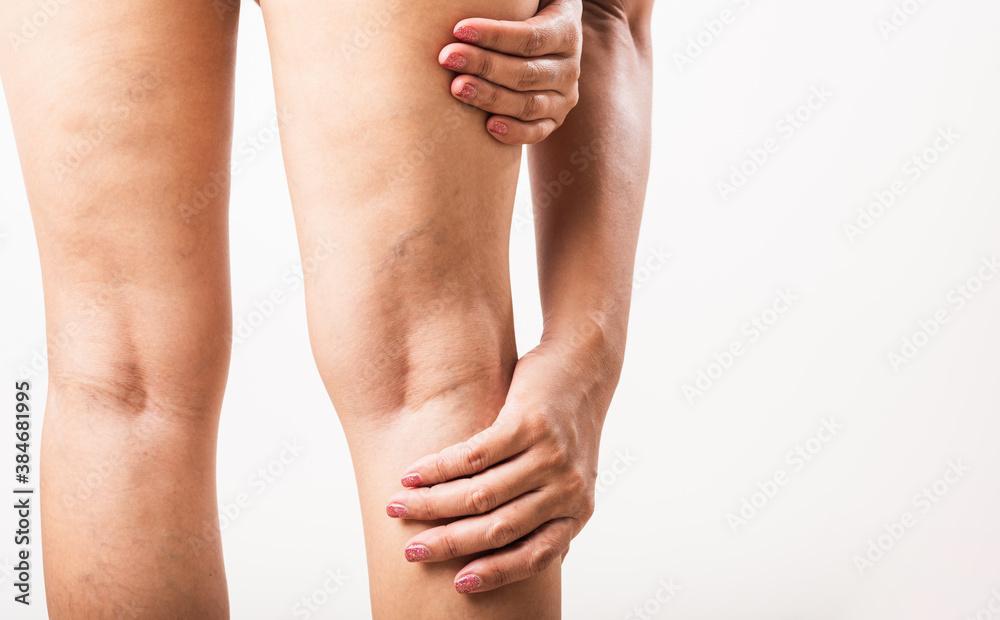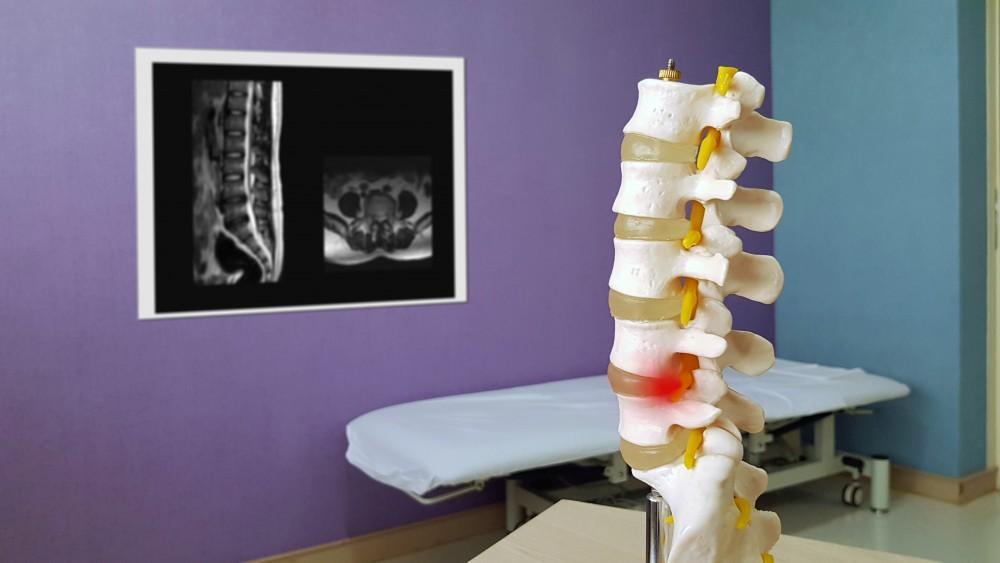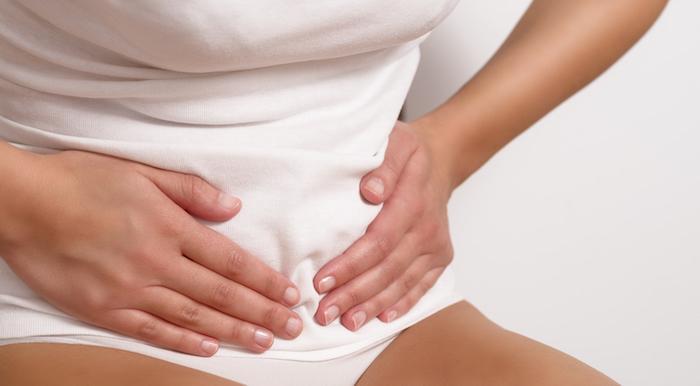
Do Fibroids Affect Fertility?

Did you know that fibroids, benign growth in your uterus that range in size from very small to about the size of a grapefruit, affect over 35 million American women? If you’re suffering from these common growths and are thinking of starting a family, you’re probably concerned about how they affect your fertility.
At Alate Health in Houston, Texas, our team of skilled providers helps women suffering from the uncomfortable and inconvenient symptoms of fibroids regain control over their daily lives. We’ve curated this guide to help you better understand fibroids and how they affect your fertility.
Read on to learn more!
What are fibroids?
Fibroids result when fibrous tissue grows together in your uterus. Most of the time, these growth that can range dramatically in size and position are benign (non-cancerous). Unless they negatively impact your quality of life, your provider may not recommend treatment.
Some women have no symptoms of fibroids. Other women have severe pain and debilitating symptoms that interfere with their everyday lives. Here are the most common symptoms of uterine fibroids:
- Heavy bleeding, especially with clots
- Periods lasting longer than a week
- Increased menstrual cramping
- Lower back pain
- Frequent need to urinate
- Difficulty emptying your bladder fully
- Fullness or pressure in the lower abdomen
- Swelling in the abdomen
- Painful sexual intercourse
- Constipation
Doctors aren’t sure what causes fibroids to develop, but believe it could be a combination of genetics, hormonal factors, and changes in the extracellular matrix, the material that causes cells to stick together.
How do fibroids affect fertility?
If you’ve been trying to conceive and haven’t had success, uterine fibroids could affect your inability to conceive. Depending on their size and location in your uterus, fibroids can contribute to infertility. In fact, for about 5-10% of women with infertility issues, fibroids play a role.
Fibroids can affect your fertility in several ways. The most common include:
- Changes to the cervical shape, which can block sperm from entering the uterus
- Changes to the shape of your uterus, limiting sperm motility and reducing space for the embryo to grow
- Blocking the fallopian tubes, which makes conception difficult
- Impacting your blood circulation, which reduces the likelihood of implantation
Large fibroids can impact your baby’s development or increase your risk for miscarriage or premature delivery.
What can I do about fibroids?
To best treat your fibroids, your providers at Alate Health evaluate your medical history, paying close attention to your fibroid and fertility symptoms. We then conduct a physical exam and order necessary imaging, such as an ultrasound, and any lab work.
Our practice specializes in non-surgical uterine fibroid embolization (UFE), a minimally invasive procedure that shrinks fibroids and provides relief from troublesome symptoms. If you’re looking to become pregnant, however, our team may offer alternative solutions.
Learn more about fibroids and fertility by contacting Alate Health in Houston, Texas, or requesting an appointment online now!
You Might Also Enjoy...


I'm Nervous About My Upcoming VenaSealTM Procedure

Telehealth: The Advantages of Telemedicine

What Caused My Spinal Stenosis?

I'm Embarrassed About My Varicose Veins


